Nouns in the English language are grouped into two categories: countable and uncountable nouns. Their usage in sentences is different. In this article, we will explore more details about countable and uncountable nouns, their definition, rules, examples, lists, and worksheets. Let’s start our learning with the definition of countable and uncountable nouns.
Definition of Countable and Uncountable nouns
What is Countable Noun?
Countable nouns are the nouns that can be counted. Using mathematical numbers, countable nouns can be quantified. They can be separated into individual elements or units. For example, I purchased a pen yesterday. In this sentence, the noun “pen” can easily be counted and hence pen is a countable noun.
Countable nouns are represented using singular or plural form. When the quantity of the item is only one, it’s singular. When the number of items is more than one, it’s plural.
What is Uncountable Noun?
There are few other nouns that can not be counted using mathematical numbers. These nouns are known as uncountable nouns. They can not be separated as individual items and normally seen as a whole. Uncountable nouns exist as masses or abstract quantities. For example, I prefer tea over coffee. In this sentence, both the nouns, “tea or coffee” can not be counted and hence both are uncountable nouns.
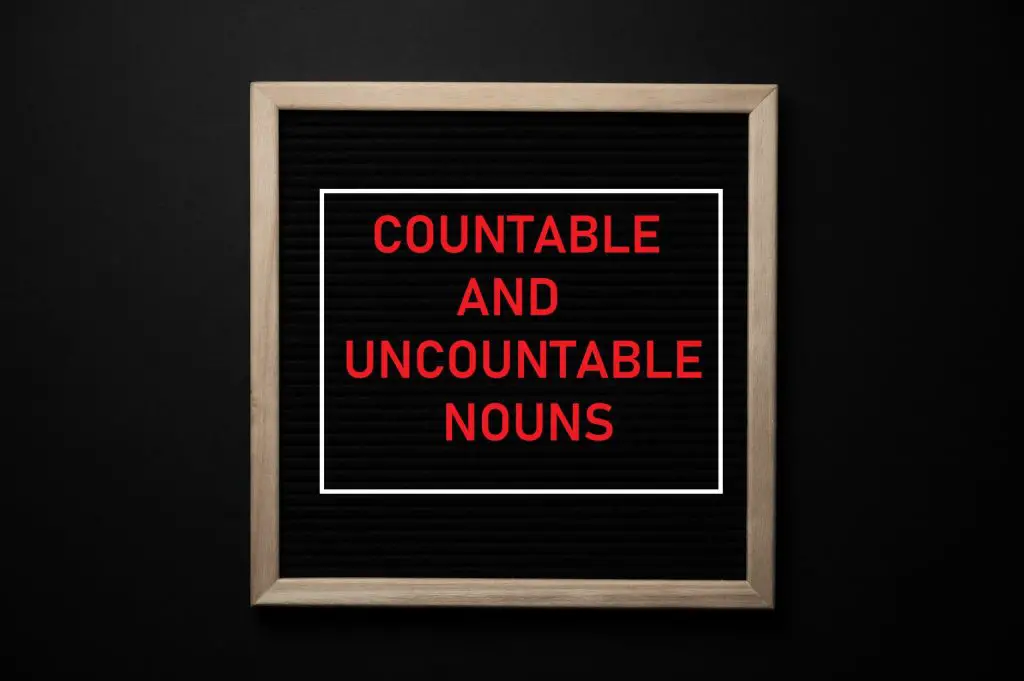
Rules of Countable and Uncountable Nouns
Countable and Uncountable nouns are normally decided by finding the modifiers used before the nouns in a sentence. Sometimes, it is really difficult to find out the countable and uncountable nouns in a sentence. Normally, the following keywords are used for identification.
Keywords for Countable Nouns:
Countable nouns can easily be identified in a sentence by looking at the modifiers that are used before the noun. Normally, the following keywords are used for countable nouns:
- a
- an
- any number (two, three, four, etc)
- each
- too many
- every
- a few
- another
- several
- a large number of
- a small number of
- very few
- fewer
Keywords for Uncountable Nouns:
In a similar way, the main identifiers for uncountable nouns are:
- a large amount of
- a little
- less
- much
- too much
- a great deal of
Keywords for both Countable and uncountable Nouns:
Few keywords are used both for countable and uncountable nouns as follows:
- any
- some
- no
- none of
- a lot of
- hardly any
- not any
- other
Please remember that the same noun can be used as countable or uncountable depending on the use in a sentence. Look at the following two sentences:
- He ordered a tea for me
- Would you like to have some tea?
In the first sentence, even though tea is normally uncountable, in this sentence referring to a cup of tea and hence, countable. But in the second sentence, the noun tea is uncountable.
List of Countable and Uncountable Nouns with Example
A list of countable and uncountable nouns with examples in a general sense is produced below in a tabular format for the proper understanding of the countable and uncountable nouns.
List of Countable Nouns:
| Types | List of Countable Nouns |
| Living Things | Man, dog, cat, person, tree, etc |
| River, Sea, Countries | River, Sea, Ocean, Country, State, etc. |
| Daily use things | Bottle, Litre, Chair, Table, Computer, Cup, Plate, Fork, Bag, Books, Pens, etc |
| Measuring units | liter, kilogram, meter, etc. |
| Currency | Coin, Note, Rial, Dollar, Rupee, etc |
| Fruits and Vegetables | Mango, Apple, Potato, Capcicum, etc |
| Other Countable Nouns | Students, Players, Boys, Girls, Members, Employees, etc. |
List of Uncountable Nouns:
| Types | List of Uncountable Nouns |
| Gaseous Substance | Air, Hydrogen, Steam, Oxygen, Nitrogen, etc. |
| Liquid Substance | Oil, Milk, Water, Petrol, etc. |
| Feelings | Love, Courage, Happiness, Anger, etc. |
| Powder and Grains | Salt, Rice, Sugar, Sand, Wheat, etc. |
| Ideas | Motivation, Advice, etc. |
| State of Being | Stress, Fatherhood, Sleep, Motherhood, Childhood, etc. |
| Natural Phenomena | Rain, Weather, Climate, Snow, Sunshine, etc. |
| Other Uncountable Nouns | Art, accommodation, Butter, Clothing, Corruption, Damage, Energy, Fire, Freedom, Fuel, Fun, Gold, Guilt, Honesty, Humour, Importance, Kindness, Justice, Literature, Magic, Money, Music, Nature, Old age, Pride, Progress, Racism, Respect, Shopping, Spelling, Seafood, Tennis, Travel, Transportation, Trust, Violence, Work, Wisdom, Yoga, etc. |
Countable and Uncountable Nouns Worksheets
Now, its time to check our understanding of countable and uncountable nouns by solving the following exercises. So, let’s dive into the countable and uncountable nouns workwheets.
Countable and Uncountable nouns worksheet:
Q1. Understand the meaning of the given sentences and decide whether these nouns are countable or uncountable nouns
- The boys are playing in the park.
- Do you want some chocolate?
- I don’t like beer.
- The environment is getting polluted every day and night.
- Sumita uses baking soda to prepare cakes.
- There are a lot of windows in the Hotel Parkview.
- Can I borrow some sugar from you?
- The waiters in this restaurant are very friendly and polite.
- Firan drinks two glasses of water after getting up from the bed.
- Drivers must be careful while driving through the slippery roads.
- To avoid any accidents, some policemen are organizing road traffic.
- How many bottles of mineral water have you bought?
- Is there any empty chair in the hall?
- Successful candidates will be promoted to the next class.
- I met some nice people at the party.
Q2. Tell whether the underlined nouns are countable or uncountable.
- Would you like some milk with your cornflakes?
- These books will help you in your study.
- You will need sugar for this recipe.
- Mohor took a lot of photographs when she went to the Darjeeling.
- How many gifts did you get to our birthday party?
- Be careful! The water is deep.
- Most kids like sweets but Ranu hates it.
- I was feeling so stressed that I ate a few chocolates.
- My mother uses real butter in the pulao.
- Kousik can play several different musical instruments.
Q3. Fill in the blanks with Some/Any.
- She likes ________ sauce in the salad.
- They eat _________fruits for breakfast.
- I would like to give you _______advice.
- Can u give me ________information about helping verb?
- Would u like to eat ________popcorn.
- Will u share _______beauty tips with us?
- Please help yourself to plunge ________flowers.
- Are there ______customers in the shop.
- There is ______milk in the fridge.
- Can I have ______water, please?
- There are ______parents in the park.
- I would like _______kiwis.
- There are ________ beautiful waterfalls in Karnataka.
- Has she got _______ parathas for her friends.
- I don’t have ____________ story book.
Q4. Write ‘’C’’ for Countable and ‘’U’’ for Uncountable.
- Rice _____________
- Honey _____________
- Grapes _____________
- Ice-cream _____________
- Cheese _______________
- Juice _____________
- Strawberry _____________
- Soup ________________
- Rice ______________
- Water ______________
- Money ______________
- Happiness ________________
- Paper _____________
- Carrot ____________
- Army ___________
Q5. Underline the correct answers.
- Is there (any, a few) honey in the bottle?
- How (much, many) money did you spend to buy the dress?
- There is (some, few) eggs in the tray.
- Is there (many, any) rice in the bowl?
- My mother put too (much, many) peppers in the soup.
- He has a (lots, more) for music.
- There isn’t (much, more) air in the room.
- Swati drinks (lots of, more) water.
- I’ve had so (more, much) coffee today.
- My father gave us (some, few) money for a picnic.
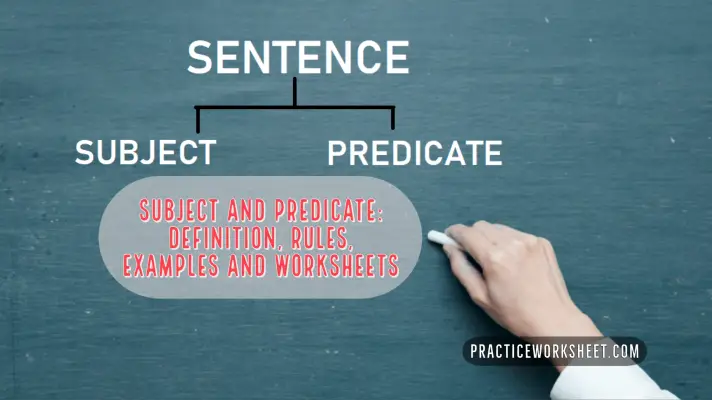
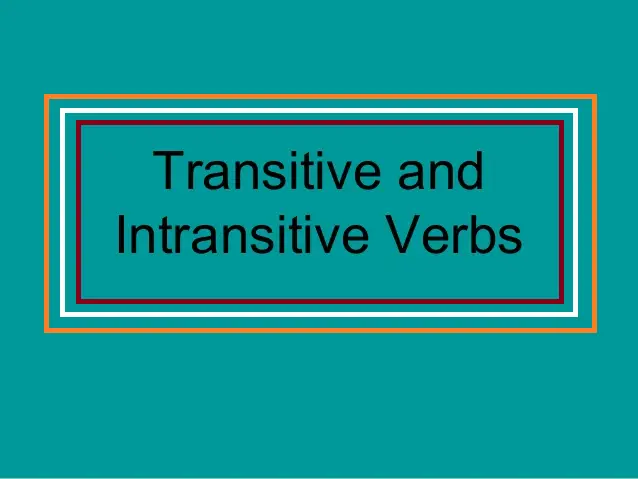
![Singular and Plural Nouns: Definition, Rules, Examples, and Worksheets [With PDF] Singular and Plural Nouns](https://practiceworksheet.com/wp-content/uploads/2020/11/Singular-and-Plural-Nouns.png)
![Collective Nouns: Definition, Examples, and Worksheet [With PDF] Collective Nouns Worksheet](https://practiceworksheet.com/wp-content/uploads/2020/03/Collective-Nouns-Worksheet.png)

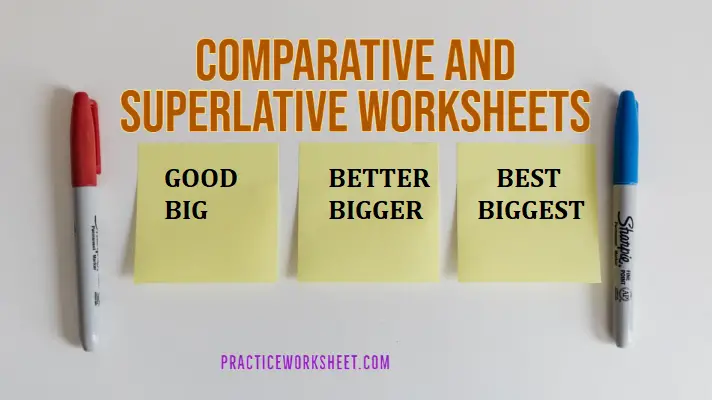
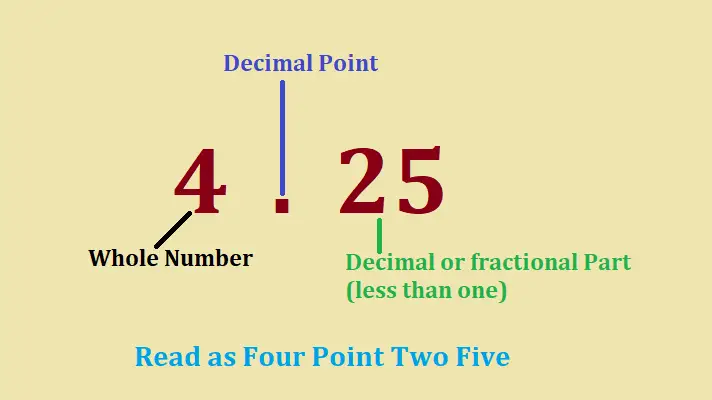
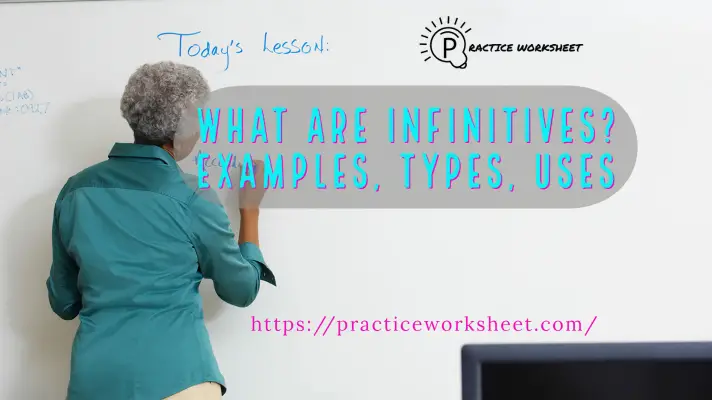
Thank you sir or madam